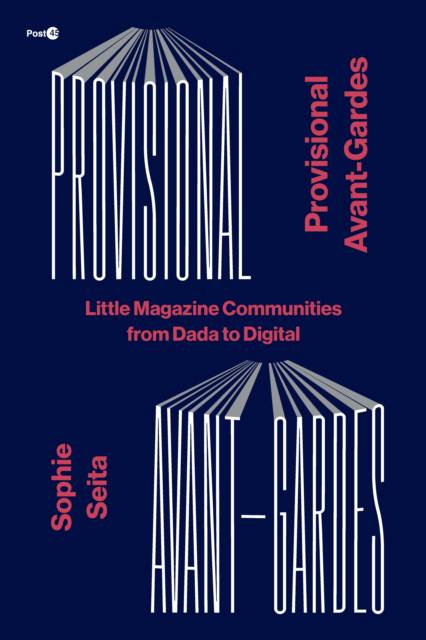
- Retrait gratuit dans votre magasin Club
- 7.000.000 titres dans notre catalogue
- Payer en toute sécurité
- Toujours un magasin près de chez vous
- Retrait gratuit dans votre magasin Club
- 7.000.000 titres dans notre catalogue
- Payer en toute sécurité
- Toujours un magasin près de chez vous
Description
What would it mean to be avant-garde today? Arguing against the notion that the avant-garde is dead or confined to historically "failed" movements, this book offers a more dynamic and inclusive theory of avant-gardes that accounts for how they work in our present. Innovative in approach, Provisional Avant-Gardes focuses on the medium of the little magazine--from early Dada experiments to feminist, queer, and digital publishing networks--to understand avant-gardes as provisional and heterogeneous communities. Paying particular attention to neglected women writers, artists, and editors alongside more canonical figures, it shows how the study of little magazines can change our views of literary and art history while shedding new light on individual careers. By focusing on the avant-garde's publishing history and group dynamics, Sophie Seita also demonstrates a new methodology for writing about avant-garde practice across time, one that is applicable to other artistic and non-artistic communities and that speaks to contemporary practitioners as much as scholars. In the process, she addresses fundamental questions about the intersections of aesthetic form and politics and about what we consider to be literature and art.
Spécifications
Parties prenantes
- Auteur(s) :
- Editeur:
Contenu
- Nombre de pages :
- 272
- Langue:
- Anglais
- Collection :
Caractéristiques
- EAN:
- 9781503609570
- Date de parution :
- 23-07-19
- Format:
- Livre broché
- Format numérique:
- Trade paperback (VS)
- Dimensions :
- 152 mm x 226 mm
- Poids :
- 430 g







